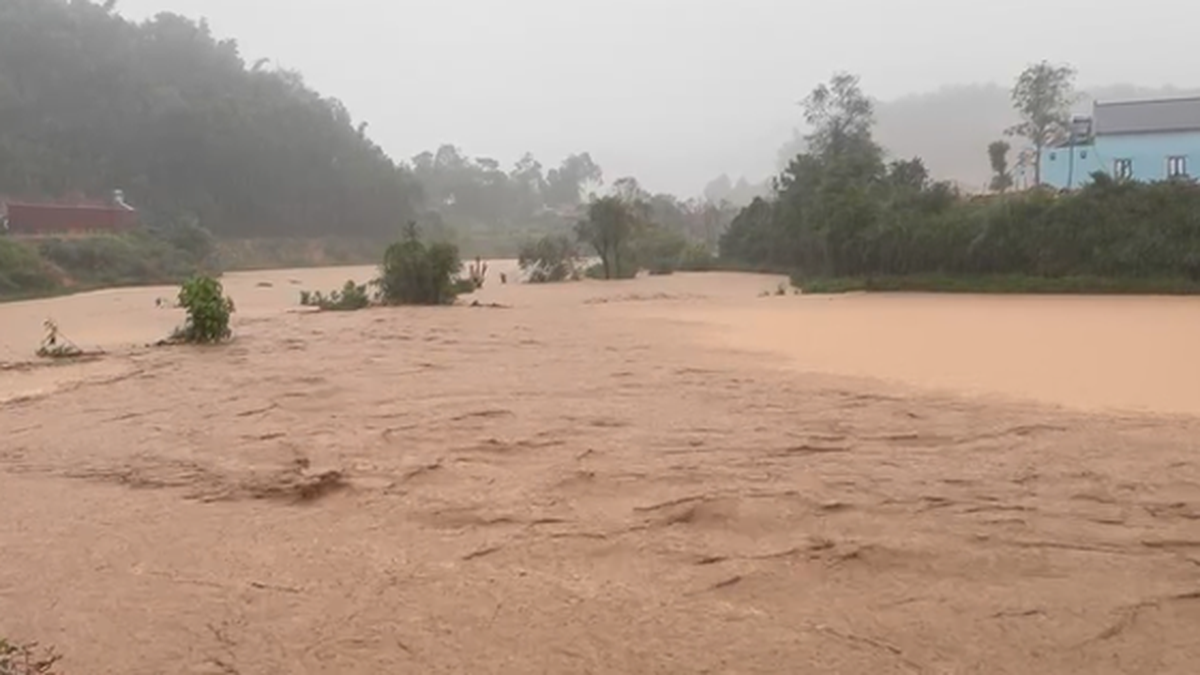Global warming caused by fossil fuel emissions “very likely” exacerbated the torrential rains that lashed the United Arab Emirates (UAE) and Oman last week, killing several people and causing widespread flooding.
This assessment was made in a study published on April 25 by a group of scientists from World Weather Attribution (WWA) - an organization specializing in assessing the role of climate change in extreme weather patterns around the world.
The UAE has recently experienced its heaviest rainfall since records began in 1949. Heavy rains have killed four people in the UAE, while 21 have died in Oman. The UAE and Oman are also oil-producing nations that are experiencing extreme heat caused by global warming. But last week’s flooding highlights the risk of extreme weather events as the planet warms.
 |
The WWA study analyzed historical weather data and climate models to identify changes in rainfall patterns in the region, including years with El Nino weather events. The results showed that extreme rainfall events were significantly less intense in years before temperatures were 1.2 degrees Celsius warmer than pre-industrial times. Meanwhile, in years with El Nino weather events, extreme rainfall increased by 10-40% in the affected region. The WWA noted that global warming due to the burning of fossil fuels is considered the most likely cause of the increased rainfall.
Professor Sonia Seneviratne at ETH Zurich, Switzerland, who is also a member of WWA, said the floods in the UAE and Oman had shown that even dry areas could be hit hard by rain events, a threat that is growing with global warming caused by burning fossil fuels.
Meanwhile, Mariam Zachariah, a WWA member and researcher at Imperial College London (UK), said: "Extreme rainfall events have increased in intensity by at least 10% in the UAE and Oman. This finding...is consistent with the basic physics that a warmer atmosphere can hold more moisture."
According to VNA/Tin Tuc Newspaper
Source


































































































Comment (0)